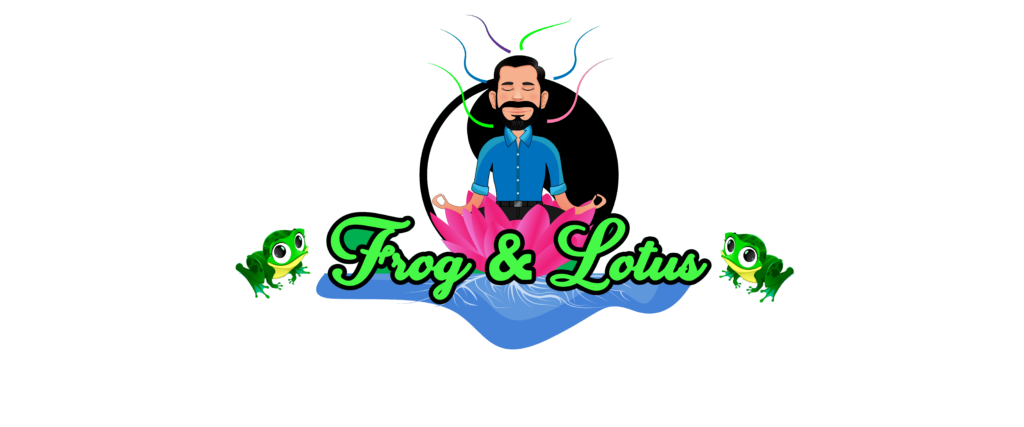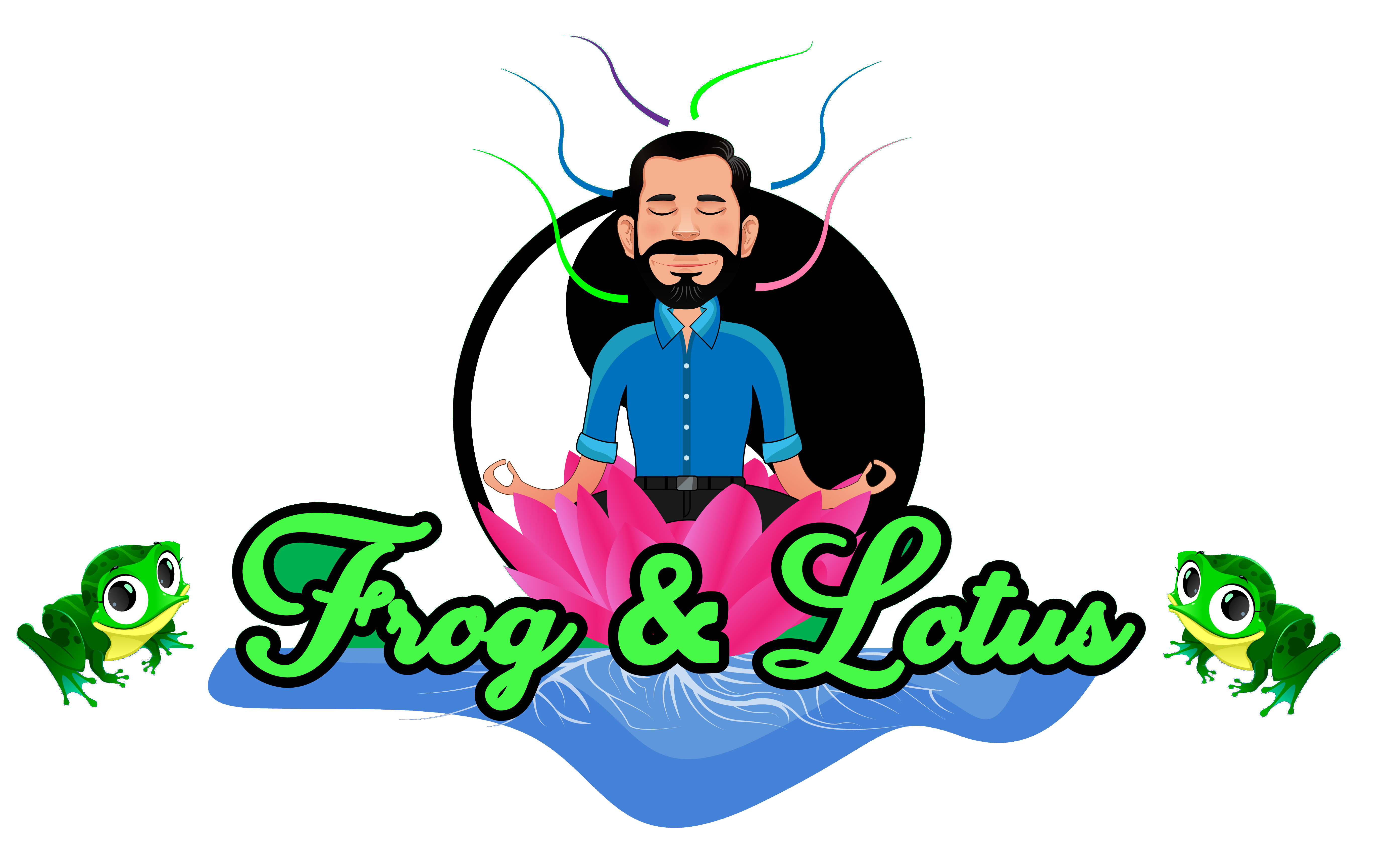As a kid, I was a good student in math and science, while I seemed to just “get by” in English literature. I studied engineering and made a career out of rational and analytical thinking. I count myself among pragmatics, who always look for the most efficient way to get things done. Reading non-fiction became a passion for me because the knowledge I could gain through books always seemed to fast track things for me. You can accomplish your goals through both trial and error and by starting with the knowledge of others who have already been where you want to go. For most of us, accomplishing our goals involves a little bit of both. My high “D” in the DISC assessment does not like to waste time, while my high “C” does not like to be wrong. Therefore, I’ve generally sought out knowledge through books in order to save time and limit mistakes made through trial and error.
To be sure, I despised reading books in high school and college. Perhaps it was not reading that was detestable, but rather the content of the books to which I was assigned. My love for books developed after starting my first job after college due to the significant time I spent on airplanes with nothing better to do than read. After blowing through a limited number of fiction books, I started reading self-help. I remember sitting at lunch one day and overhearing someone talking about a great book he was reading called The Millionaire Next Door, by Dr. Thomas Stanley. “Hmmm,” I thought to myself, “I’d like to be a millionaire someday. How can I fast track that?” Later that week, walking through the airport terminal with nothing to read, I saw this book at the newsstand, so I grabbed a copy and started reading it on the plane. It turns out that becoming a millionaire is not about winning the lottery, an overnight business success, or being discovered into Hollywood stardom. Slow and steady wins the race is the moral of Dr. Stanley’s story and this was something I could do with some basic disciplines.
That book, The Millionaire Next Door, was the catalyst for a 23-year stretch (and counting) of “self-help” reading, then using the models I learned in the books to practice the teachings through trial and error. Unfortunately, the scene in The Matrix where Trinity receives a download that instantly makes her a helicopter pilot, (see below), is not yet a reality. Reading takes time. It helps us learn more quickly and achieve faster results, but trial and error must still occur in the meantime.
My obsession with books started with financial wealth building. I read about all aspects of money which included saving, investing, retirement, insurance, estate planning, cash management and, of course, real estate. I practiced the concepts in the books. I later learned about goal setting in the five major categories including personal, financial, business, family, and spiritual from coach and mentor, Brian Buffini. As I’ve passed through different seasons of life including marriage, buying a home, starting a business, and having, then raising kids, the subject matter I’ve chosen to read about has changed. Today at age 46, I find myself reading more and more about the spiritual realm. This included a full year reading the Bible from cover to cover. (The One Year Bible provided a great way to accomplish this goal as its broken up into 365 digestible segments.)
Herein lies an interesting question! We can accomplish our goals by learning from the knowledge of others (by reading books) and through trial and error. Starting with basic knowledge generally allows us to reach our goals more quickly. However, is it possible to fast-track spirituality by reading books?
[Please come back tomorrow. I have more to come on this!]
In the meantime, enjoy this clip from The Matrix:
Photo by Carmel Arquelau on Unsplash


